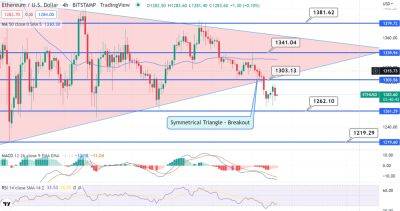‘Unstoppable’ bird flu epidemic causes growing alarm among Dutch farmers
Warning bells are ringing across the continent over an unstoppable wave of avian flu that farmers fear could lead to poultry farm bans in vulnerable wetland areas.
In the Netherlands, more than 3.7 million chickens, ducks and turkeys have been culled in the most serious outbreak ever.
In France, where breeding ducks is popular, the government said that 16 million farmed birds had been destroyed, with farmers seeing their livelihoods collapse “like a house of cards”.
Earlier this year, the Dutch environment minister, Henk Staghouwer, admitted that bird flu was now “unavoidable” in a country where 19% of the surface area is water. There had been 66 outbreaks since October 2021. Now, 10 weeks later, the figure is up to 77 and the embattled Staghouwer resigned, saying he was “not the right person” for the job.
A proposal in a Dutch government report to ban poultry farms entirely in areas near water has also sparked fierce opposition.
“There were sometimes outbreaks in the winter, and not every year, but now we see the virus stays around all year, also in the summer,” said Dr Nancy Beerens, bird flu expert at Wageningen Bioveterinary Research (WBVR), which analyses suspected bird flu samples and advises the Dutch government.
“The virus is brought into the Netherlands by wild migrating birds from Siberia that stay for the winter, and before we saw that when they migrated back in April, the virus was also gone. But now all kinds of bird species have become infected and that means that the virus stays.
“This year, we see massive circulation, species that are not natural host species, seabirds, and not ones belonging to the goose or duck family, which are natural hosts.”
European and American strains that should not infect humans were
Read more on theguardian.com






















